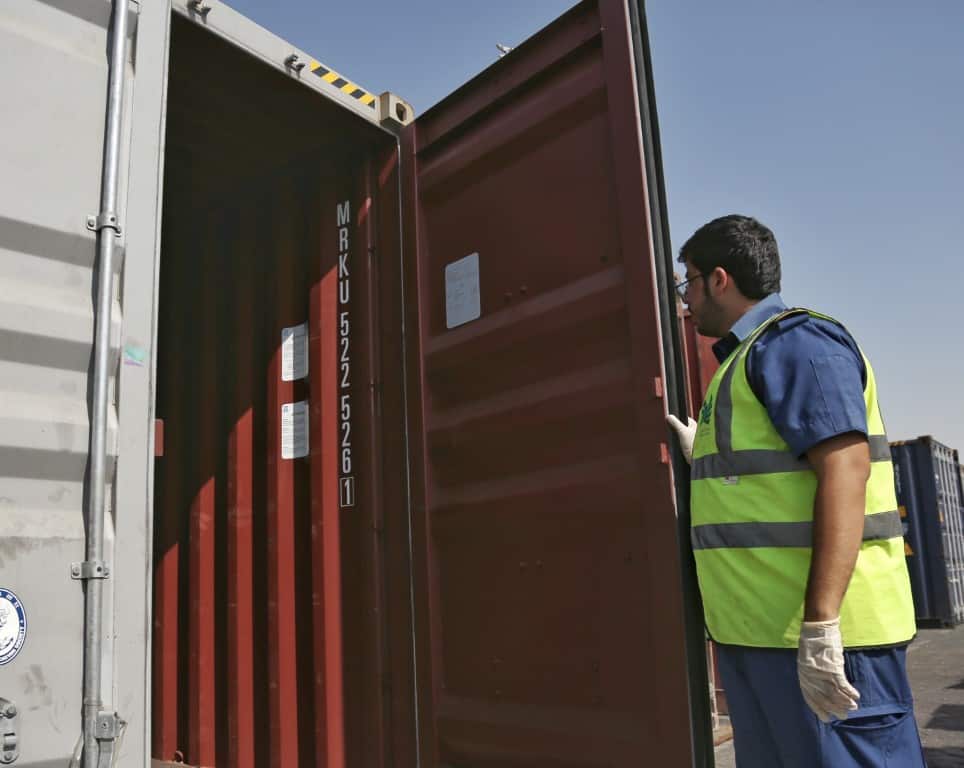Dubai Customs said Thursday the emirate’s external foodstuff trade in 2021 grew 11 percent to reach AED57 billion ($15.51 billion), compared to AED51.4 billion in 2020.
According to the latest figures released by Dubai Customs, exports grew 11.3 percent to AED10.8 billion from AED9.7 billion in 2020, while re-exports went up by 10 percent to AED 7.9 billion from AED 7.2 billion, and imports rose 11 percent to AED38.2 billion from AED34.4 billion.
In terms of volume, Dubai traded 14.1 million tons of foodstuff in 2021, which included 9.9 million tons of imports, 3 million tons of exports, and 1.1 million tons of re-exports.
Ahmed Mahboob Musabih, Director-General of Dubai Customs and CEO of Ports, Customs and Free Zone Corporation, said the Holy Month of Ramadan is just around the corner, and at this time every year, there is a marked growth in foodstuff trade compared to other months.
“During this period, Dubai Customs works at full capacity to facilitate increased trade and ensure smooth access to foodstuffs in the local market. There is particularly increased demand this month due to the reopening of Ramadan tents, which were closed in 2020 due to the pandemic,” he said.








